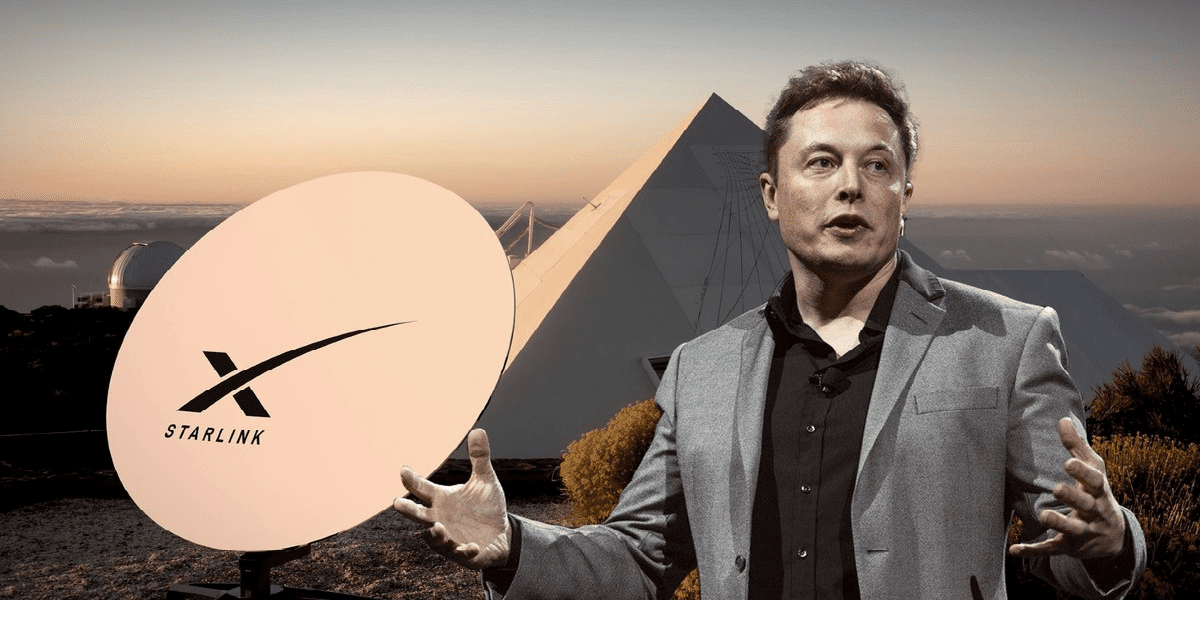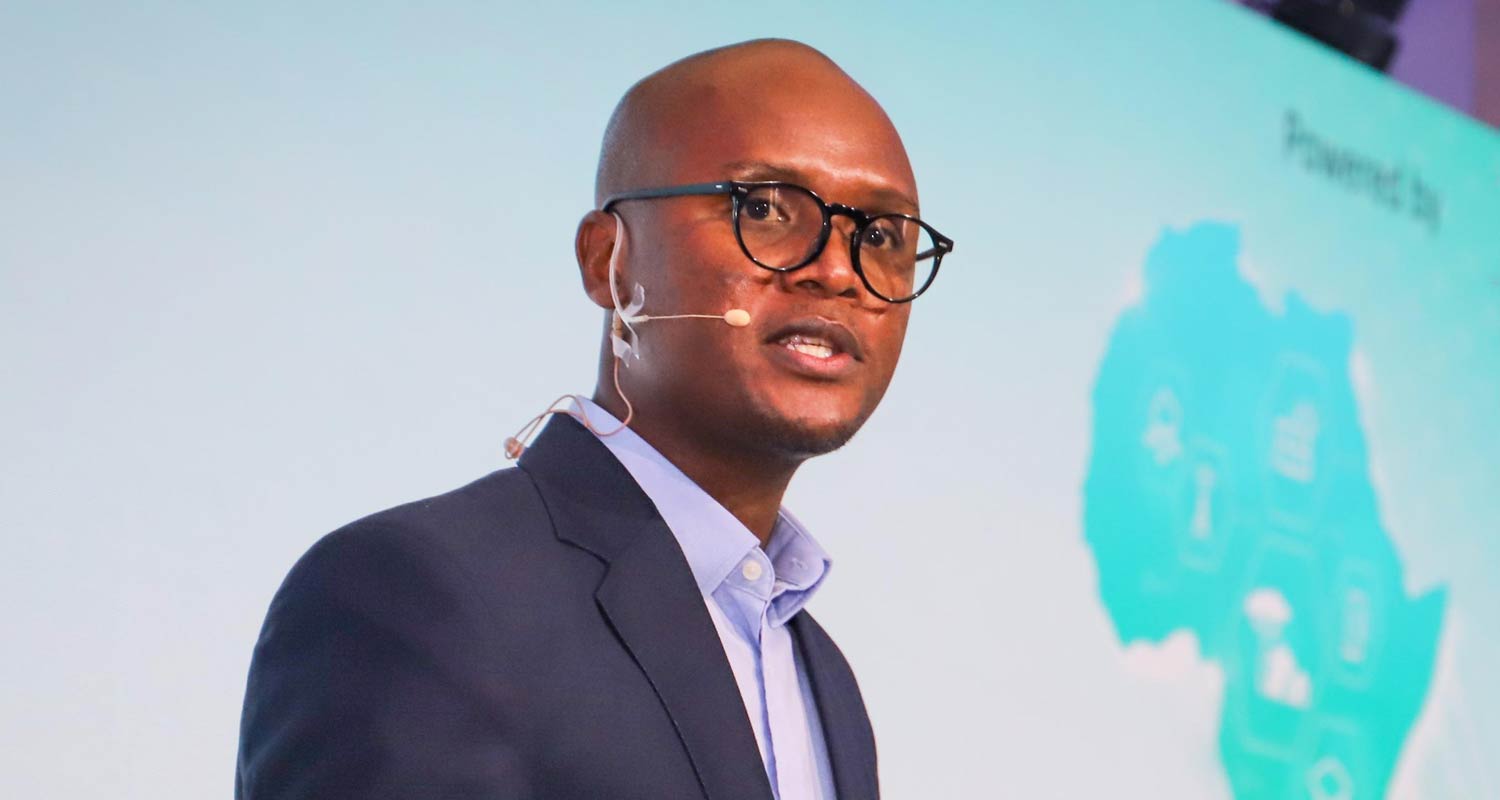SpaceX, Starlink’s parent company, has expressed its disappointment over the delay in the policy reformation process that will pave the way for Starlink’s launch in South Africa. This comes in light of a draft policy directive issued in May by the Communications Minister Solly Malatsi.
Per TechCentral reports, SpaceX’s Senior Director of Market Access and Development, Ryan Goodnight, while in conversation with an audience at the Africa Tech Festival in Cape Town on Tuesday, said that the company is disappointed that the final directive of the draft policy is yet to be issued six months later. The document, when it comes to life, will allow for equity equivalent in licensing.
Starlink is still caught in the middle of meeting the 30% requirement for local telecom licensees to be in the hands of historically disadvantaged groups. This has been a major bottleneck to Starlink’s launch in South Africa, even though it has so far launched in more than 20 African countries.
While the local laws have been a long-standing rule in South Africa, several foreign companies are finding it hard to comply. They prefer an equity equivalent that provides an alternative, such as making social investment in other areas, such as skills and infrastructure development.

Goodnight said the equity equivalent will transform the country. “(It’s a) very powerful way for companies to contribute to the transformation goals of South Africa without divesting of equity and are fully supported in the ICT sector BEE code,” He added by saying the policy changes could be made anytime and that “they are literally four sentences in the regulations and this problem goes away.”
Goodnight noted that if it weren’t for the regulation, Starlink would be ready to launch in the country tomorrow.
“Our mission is to get internet access to the people with the least access in the world. Any increase in cost takes us away from that mission,” he said.
In defence of its difficulty to comply with the local laws, Goodnight explained that SpaceX has a business model across its subsidiaries that requires owning 100% of its infrastructure. He added that the policy is for the sake of easy decision-making and maintenance of business efficiency.
Also Read: Starlink to launch $116M internet investment in South Africa as part of EEIP obligations.
Starlink’s launch in SA: Malatsi in a tough position
Since Malatsi’s publication in May, which showed signs that South Africa is about to shift grounds, the minister has faced several backlashes from the parliament. In light of this, there have been reports of misalignment between the Electronic Communications Act and the Independent Communications Authority of South Africa (ICASA).
During the policy presentation, the Minister noted that the alternative of strict ownership rules (EEIPs) would broaden broadband access and bridge the digital divide. For instance, SpaceX has affirmed that it would provide 5,000 rural schools with fully funded Starlink kits and services, with necessary support.


Meanwhile, some members of the parliament criticised the policy, arguing that it was mainly created to allow Starlink to avoid normal BEE regulations. Khusela Diko, the head of the Parliamentary Portfolio Committee on Communications, criticised the proposal, stating that it favoured a foreign company.
Despite opposition, the public generally reacted positively, with the government receiving approximately 19,000 comments supporting the EEIPs during a 30-day public comment period. However, the final decision surrounding the adoption lies with Icasa and parliament, according to Malatsi.








